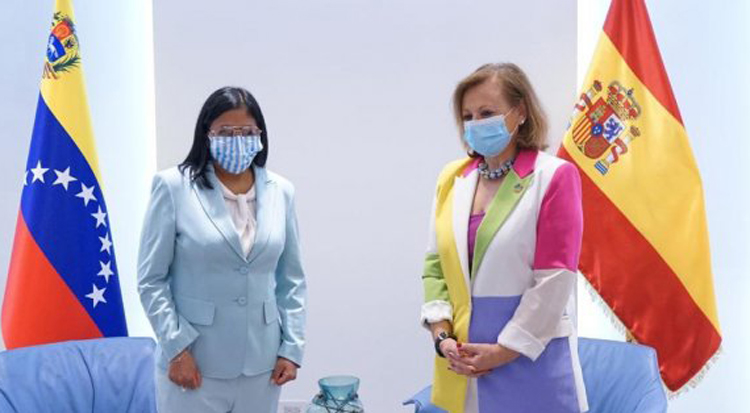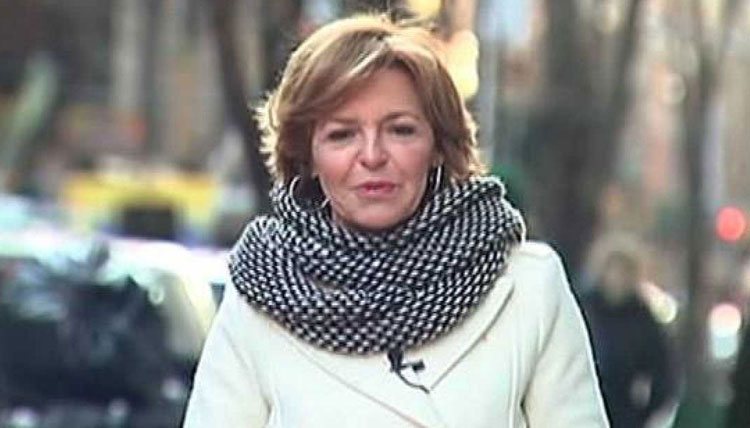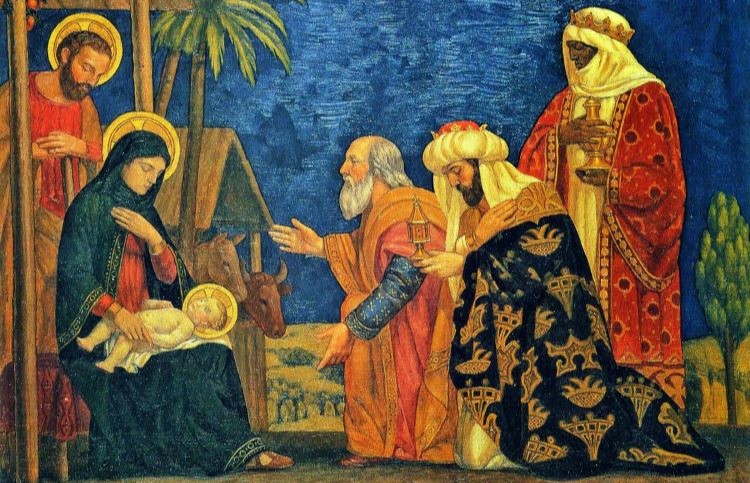Luis Ayllón
Venezuela’s Vice-President and Minister of Economy and Finance, Delcy Rodríguez, received yesterday in Caracas the State Secretary for Foreign Affairs and for Latin America and the Caribbean, Cristina Gallach, who has made a two-day visit to the Caribbean country.
The information on the meeting was released by the Venezuelan Vice-Presidency, while the Spanish Foreign Ministry remained silent on Gallach’s activities and the specific contacts she made during her visit. Only Gallach herself gave a succinct account on Twitter of some of her contacts, but without much detail.
The secrecy of the department headed by Arancha González Laya since she announced the visit late on Sunday contrasts with the information provided by the Bolivarian regime, both on its Twitter accounts and in official communiqués.
Thus, yesterday, after the meeting between Gallach and Rodríguez, the latter’s first with a high-ranking Spanish government official since her bizarre meeting with the Minister of Transport, Mobility and Urban Agenda, José Luis Ábalos, at Barajas airport, the Venezuelan Vice-Presidency issued a press release on the meeting.
In this note, after indicating that it took place on the 176th anniversary of the establishment of diplomatic relations between the two countries, it states that ‘the authorities highlighted their status as sovereign, free and independent states’. It also states that they reviewed bilateral relations “aiming to restore the level of cooperation between the two nations”.
The note ends by indicating that the Spanish state secretary was focusing her agenda on learning about Venezuela’s humanitarian response to the coronavirus pandemic and “supporting the process of national dialogue promoted by the head of State, Nicolás Maduro”.
Delcy Rodríguez is on the European Union’s list of sanctions against Venezuela for human rights violations and for undermining democracy in the South American country and is banned from entering the Schengen area. For this reason, her presence in Barajas and her meeting with Minister Ábalos sparked a great debate in Spain about whether the Spanish government had skipped, with that meeting, the sanctions agreed by the EU, and about what were the reasons for Rodríguez’s stopover in our country.
Hours before the meeting with Delcy Rodríguez, Cristina Gallach had indicated on her Twitter account that on Monday she had met with the Venezuelan foreign minister, Jorge Arreaza, and also with “representatives of the opposition, the private sector and the Catholic Church“. He added: “We are committed to resolving the political, humanitarian and health crisis, as well as the 150,000 Spanish residents”. In another tweet this morning, the State Secretary reported on her meeting with Delcy Rodríguez and with “representatives of Spanish companies, UN agencies, human rights defenders and academia”. Without specifying anything about the content of these meetings, Gallach affirmed: “We are working to support a solution to the humanitarian and political crisis in Venezuela”.
The lack of specific information provided by the Spanish Ministry of Foreign Affairs led the PP to present a series of questions in the Congress of Deputies asking why the visit to Venezuela was not on the initial agenda of Gallach’s tour of Latin America and what meetings were planned in Caracas.
The ‘populares’ question whether it is “appropriate” to maintain bilateral relations with Venezuela, which in their opinion is “a dictatorial regime that systematically violates human rights”. Nor do they understand that the trip is justified by the humanitarian response to the coronavirus pandemic when Nicolás Maduro and his supporters have received the vaccine before their own fellow citizens. “Is this an example of the fight against Covid?
In addition, the PP wants to know if Gallach was going to take advantage of the visit to maintain some contact with representatives of the airline Plus Ultra, to which SEPI has granted an aid of 53 million euros that the ‘populares’ see as unjustified.
Although the Foreign Ministry has not commented on the visit, one of the issues that Gallach could have discussed with his Venezuelan interlocutors is the situation of some Spaniards who are in the Bolivarian regime’s prisons. Among these is lieutenant colonel Ruperto Sánchez, a Venezuelan Hispanic considered a political prisoner by the NGO Foro Penal and who, according to the defence, has already served his sentence after almost seven years in prison, accused of instigating military rebellion, but is being held in detention.
During a visit to Caracas in 2018 by the then State Secretary for Cooperation and Ibero-America, Juan Pablo de Laiglesia, the Venezuelan authorities released political prisoner Lorent Saleh, after numerous steps taken by the Spanish Embassy.Saleh had been awarded the Sakharov Prize for Human Rights and, in July 2020, the government of Pedro Sánchez granted him Spanish nationality.







